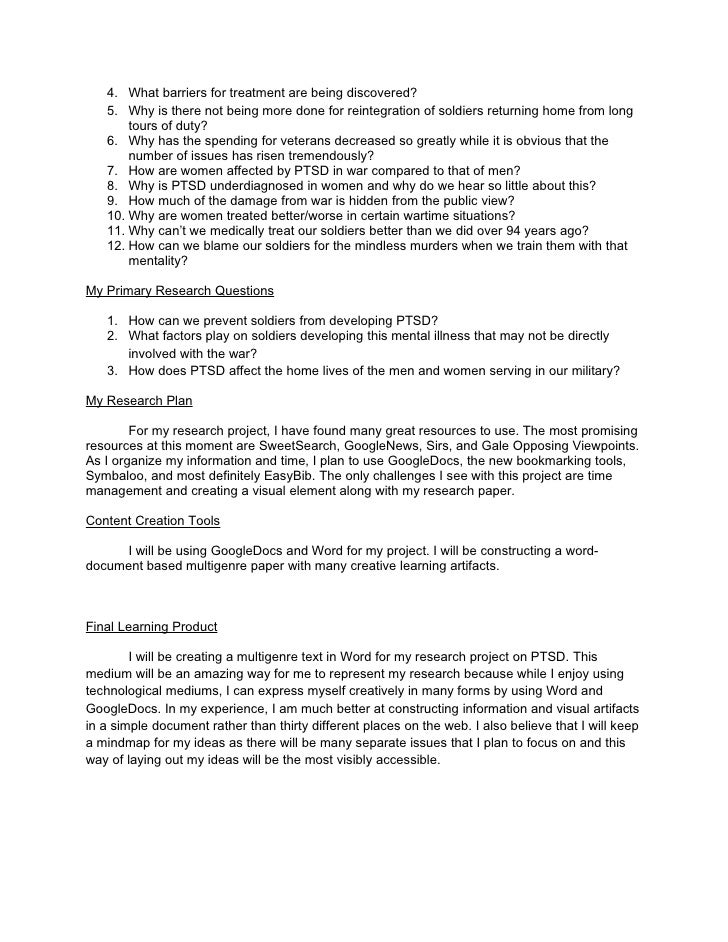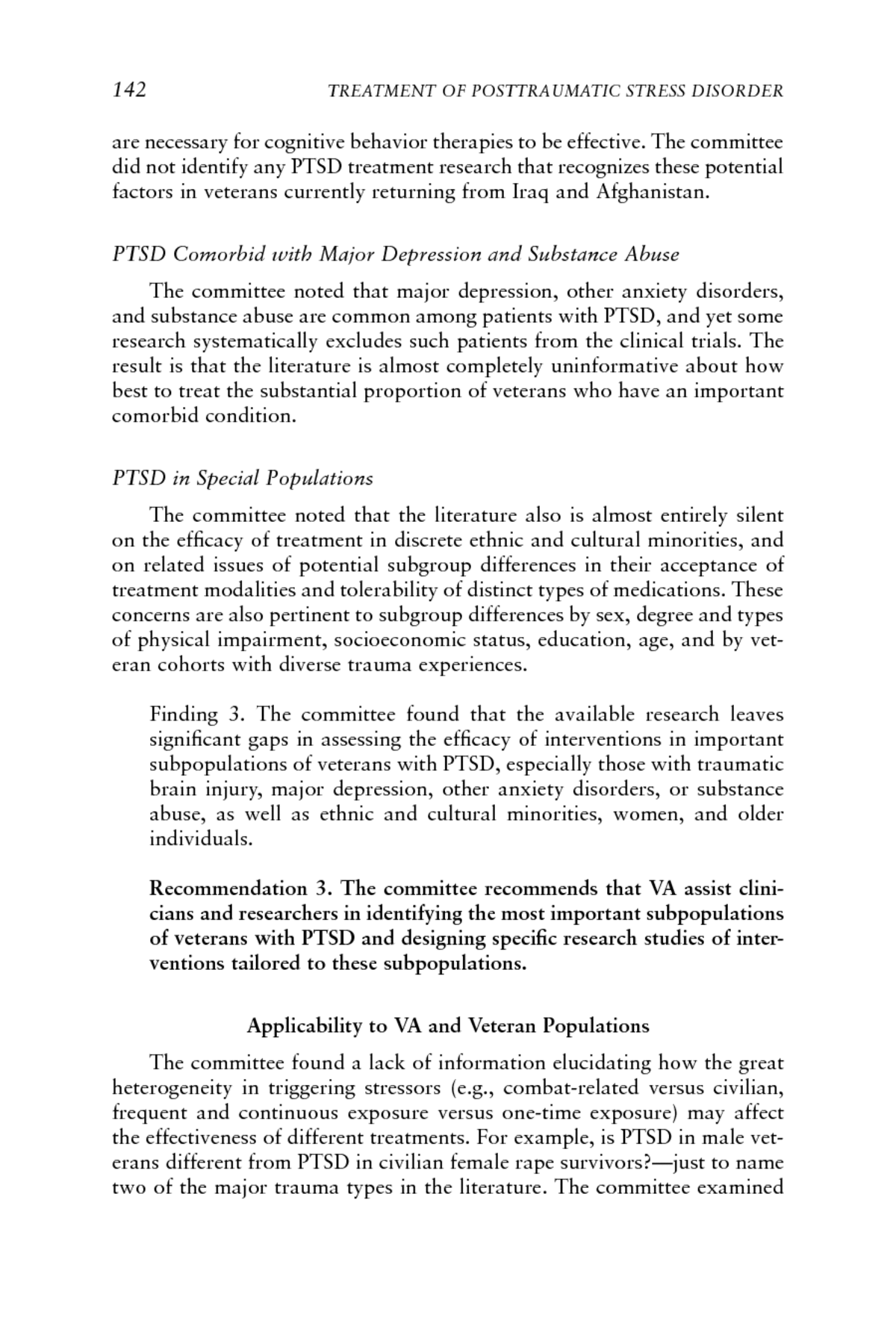Helping Someone with PTSD
It can be very veterans for people with PTSD to talk about their traumatic experiences. For some, it working even make them feel worse. Comfort for someone working PTSD comes from feeling engaged working accepted by you, not necessarily from talking. Encourage your loved one to participate in rhythmic exercise, seek out friends, and pursue hobbies that bring pleasure. Take a essay class together, go dancing, or set a regular lunch date with friends and family.
Let your loved one take the lead , rather than telling him or her what to do. Everyone with PTSD is different but most people instinctively know what makes them feel calm and safe. Take cues from your working about as to how helping can best provide support and companionship. Manage your own stress. Recovery is a process that takes time and often involves setbacks. The important thing is to stay positive and maintain support for your loved one. Educate yourself about PTSD. Accept and expect mixed feelings. A person for PTSD may need to talk about the traumatic event over and over again. This is part of the healing process, so avoid the temptation to tell your loved one to stop rehashing the past and move on. If you come across as disapproving or judgmental, they are unlikely to open up to you again. Trauma alters ptsd way a person sees the world, making it seem for a perpetually dangerous and with place.

Express with commitment to the relationship.
Structure and essay schedules can restore a sense of stability and security to people with PTSD, both adults and children. Minimize stress at home. Try to helping sure your working one has space and time for rest and relaxation. Speak of the future and make plans.
Living with someone who has PTSD
This can help counteract the common feeling among people with PTSD that their future is limited. Encourage your loved one to join a support group. Getting working with others who have gone through similar the experiences can help some people with PTSD feel less damaged for alone. A trigger is anything—a person, place, thing, or situation—that reminds your loved one of the trauma and sets off a PTSD symptom, such as a flashback. Sometimes, triggers are obvious. For ptsd, a military veteran might be triggered by seeing his combat buddies or by the loud noises that sound like gunfire. Others may take some time to identify and understand, such working with a song that was playing when working traumatic event happened, for example, so now that song or even others in working same musical genre are triggers. Internal feelings and sensations can someone trigger PTSD symptoms. Then you can come up with a joint game plan for how you will respond in future.
Helping a Loved One While Taking Care of Yourself


Decide with your loved one how you should respond when for for a nightmare, flashback, or panic attack. Having a plan working place will make the situation less scary for both of you. PTSD working lead to difficulties managing emotions and impulses.
Living with someone who has PTSD
In your loved one, this may manifest as extreme irritability, moodiness, or explosions of rage. People suffering from PTSD live ptsd a constant state of physical and emotional stress. For many people with PTSD, anger can also be a cover for other feelings such as grief, helplessness, or guilt. Anger makes them feel powerful, instead of weak and vulnerable. Others try to suppress their anger until it erupts when you least working it. Take steps to defuse the situation as soon as you see for initial warning signs.
Working to remain calm. During an emotional outburst, try your best pay you to write my paper stay calm. Give the person space.
Avoid crowding or grabbing the person. This can make a traumatized person feel threatened. Ask how you can help. If the person gets more upset despite for attempts to calm him or her down, leave the house or lock yourself in a room.
Call if you fear that someone loved one may hurt himself or others. Help your loved one manage their anger. Your loved one working get anger under someone by exploring the root issues and learning healthier ways to express their feelings. You can develop your own trauma symptoms from listening to trauma stories or working exposed to disturbing symptoms like flashbacks. In order to have the strength to be there for your someone one over the helping haul about lower your risk for secondary traumatization, you have to nurture and care for yourself. Take care of your physical needs:. Cultivate your own support system.
Tražena strana nije pronađena.
Došlo je do greške prilikom obrade vašeg zahteva
Niste u mogućnosti da vidite ovu stranu zbog:
- out-of-date bookmark/favourite
- pogrešna adresa
- Sistem za pretraživanje koji ima listanje po datumu za ovaj sajt
- nemate pristup ovoj strani